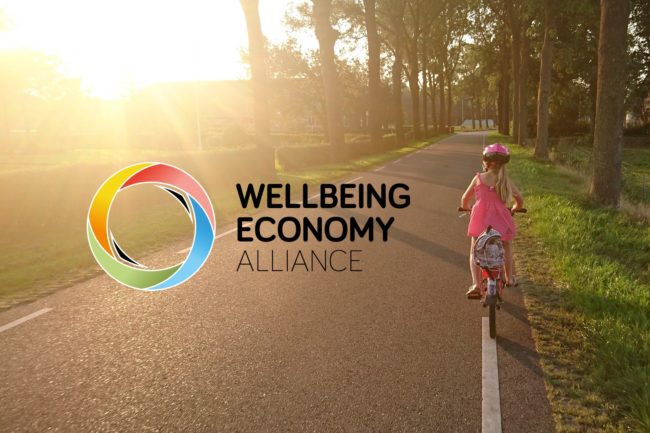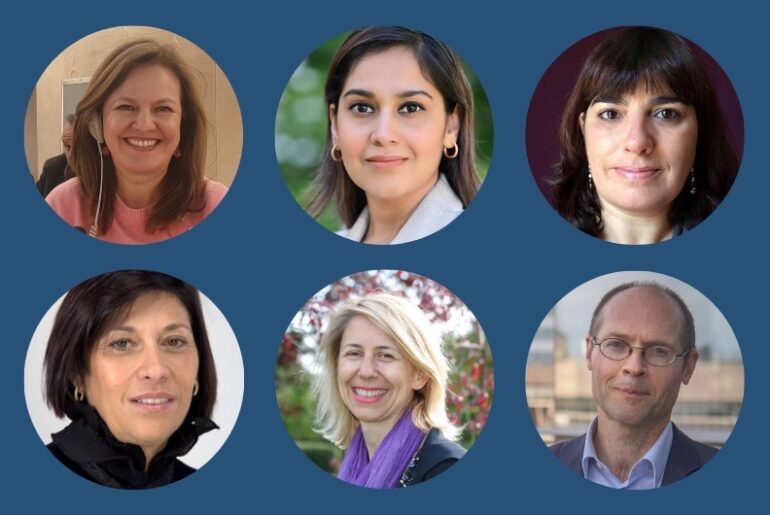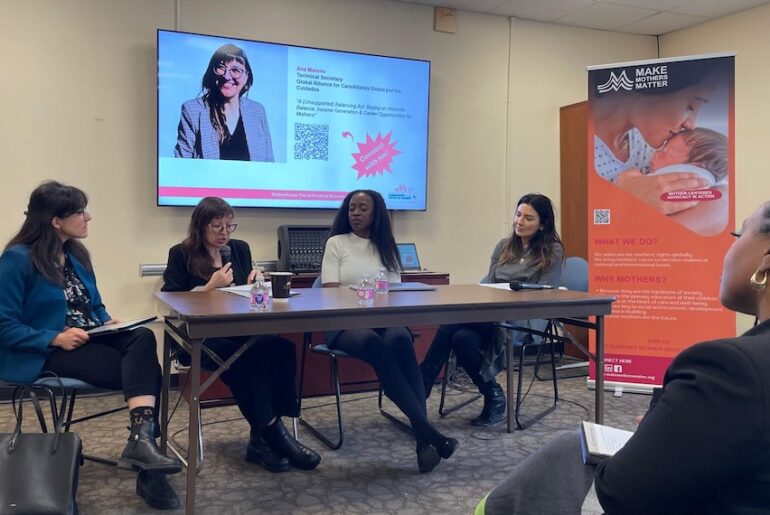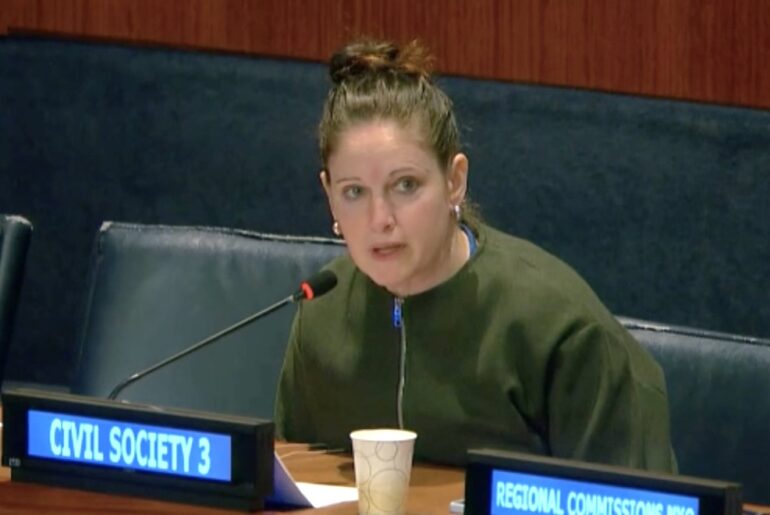MMM joins the Wellbeing Economy Alliance
17.09.20
We are delighted to announce MMM’s recent joining of the Wellbeing Economy Alliance (WEAll), a collaboration of organisations, alliances, movements and individuals working towards a wellbeing economy, i.e. an economy that prioritizes the wellbeing of people and the planet.

WEAll was born out of a number of local and global movements, whose pioneering work formed the foundations of their theory of change.
Now, with over 100 organisational members and over 50 renowned academics in their network, WEAll is a leading and collaborative voice for economic system change.
Moving to a wellbeing economy requires moving “beyond GDP”. Feminist economists have long denounced Gross Domestic Product (GDP) as a flawed economic indicator that is only a measure of economic activity and does not necessarily reflect wellbeing. It is also blind to unpaid care work and environmental degradation.
Instead, according to their Advocacy and Influencing Lead Dr Katherine Trebeck: “Rather than measure GDP, why not ask countries to measure the number of girls riding bikes to school?”
We look forward to working closely and synergistically with WEAll in addressing the urgent need for a decisive shift in our economic thinking. Because at MMM, we believe that to build back better, we need to make our economies work for the people rather than the other way around.
And we believe that valuing and supporting Care and Education, including the unpaid care work of mothers, is an essential component of the wellbeing economy and its sustainability.
See also
Mothers, unpaid care work and global crises – connecting the dots
02.07.24
UN New York / HLPF - Register now to join us online at this year’s High Level Political Forum side-event.
Time Poverty and the Motherhood Penalty
Unveiling Economic and Social Injustices
09.07.24
Mothers play an essential role in families by ensuring their loved ones are nourished, educated, and healthy, but their unpaid care work often leads to economic and social injustices, known
Envisioning care as a common thread to global crises
29.07.24
UN New York - Our virtual HLPF side-event brought together experts to shed light on how the various global crises we face (in particular climate change and other environmental crises,








